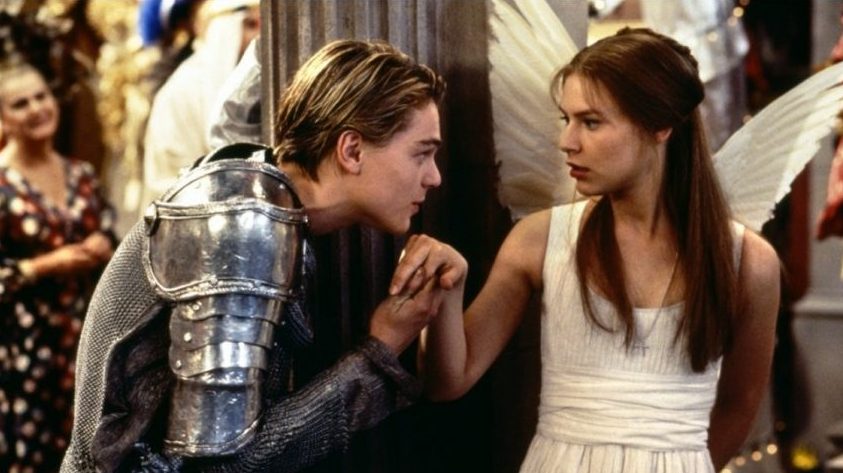
Struggling with the use of the French plural? We’ve got you covered! Here’s our ultimate guide on everything you need to know about it.
Let’s start with the basics of the french plural!
How is the French Plural Pronounced?
Most of the time, we do not pronounce the added -s at the end of adjectives and nouns. This is the case for most words that end in a consonant.
Now in other instances, you might come across a plural noun beginning with a vowel that follows a plural adjective. Here, you will have to pronounce the adjective’s -s at the end as a z .
For example: Les chats amoureux (The cats in love) or Les rues étroites (The narrow streets).
This is also the case when you have a plural adjective placed before a plural noun beginning with a vowel.
For example: Les grands arbres (The big trees) or Les petits enfants (The little children).
Forming the French Plural: Adding An -S
Generally, plurals in French are created simply by adding an -s at the end of whichever noun or adjective. But it’s also easy to forget to change the indefinite and definite articles which are accompanying them too; ie. the definite articles le, la and l’ change to les (the) in the plural form, and the indefinite articles un and une change to des (some) in the plural form.
Below are some examples:
Le livre (the book) changes to Les livres (the books)
Le véhicule (the vehicle) changes to Les véhicules (the vehicles)
In the next examples, notice how the adjectives, once in their plural forms, modify the nouns.
Le grand arbre (the big tree) changes to les grands arbres (the big trees).
Le panier jaune (the yellow basket) changes to les paniers jaunes (the yellow baskets).
Note: Always keep in mind that the -s is added on to both the noun and adjective.
Plural Form Of Adjectives Ending In -al
In case you come across a masculine singular adjective or noun that ends -al , in its plural form it loses the -al ending and is replaced with -aux .
Un cheval (A horse) which is a singular masculine noun changes to Deux chevaux (Two horses) in the plural form.
If you were to add a masculine singular adjective to the noun such as Un énorme cheval (A huge horse), in the plural form this changes to Des chevaux énormes (Huge horses).
That being said, there are a few exceptions such as festival (a festival) that simply takes an -s at the end when in the plural form -> des festivals (festivals); or Un bal d’hiver (a winter ball) -> Des bals d’hiver (winter balls)
It’s important to note that this only applies to nouns and adjectives that are masculine. In feminine form, adjectives ending in -al have an -e added at the end when in singular form. For example: Une chanson internationale (An international song). On the other hand, in the plural form an -s is added to both the noun and the adjective. For example: Quelques chansons internationales (A few international songs).
The video below is a great recap on French Plurals:
Plural Form of Nouns and Adjectives ending in -eu, -au and -eau
Things get a lot simpler when constructing the plural forms of adjectives and nouns that end in -eu, -au and -eau. All you need to do is add an -x at the end.
Example:
Un chapeau (A hat) becomes Des chapeaux (Hats)
Un jeu (A game) becomes Des jeux (Games)
There are some cases like the word un pneu (a tire) which takes an -s at the end and not an -x -> des pneus (tires)
Plural Form of Words Ending in -ail
Generally, nouns ending in-ail get an -s added at the end in their plural form. But there are few cases where -aux is added instead.
For example: Un travail(a job/work) becomes Des travaux(jobs/works) in the plural form.
What About Words That Only Exist in the Plural Form?
There are a number of nouns in French that are unique and only exist in their plural forms. Below are a few examples of such nouns but before we go on, it’s good to keep in mind that these nouns still have a gender which can’t be forgotten about.
Les affaires (business)
Les cheveux (hair)
Plural Form = Different Meaning
You didn’t expect to see this, right? It’s amazing how French words change their meaning when written in plural form. Here are some examples:
Les combles (plural form) means attic whereas Comble (singular form) is an adjective that means packed/busy.
Les pâtes (plural form) means pasta whereas La pâte (singular form) means dough.
Les humanités (plural form) means the humanities whereas L’humanité (singular form) means humanity.
And that brings our chapter on the French Plural to an end!
See you next lesson – and in the meantime, don’t forget to practice! If you need any help don’t hesitate to get into contact with one of our online French Tutors.



